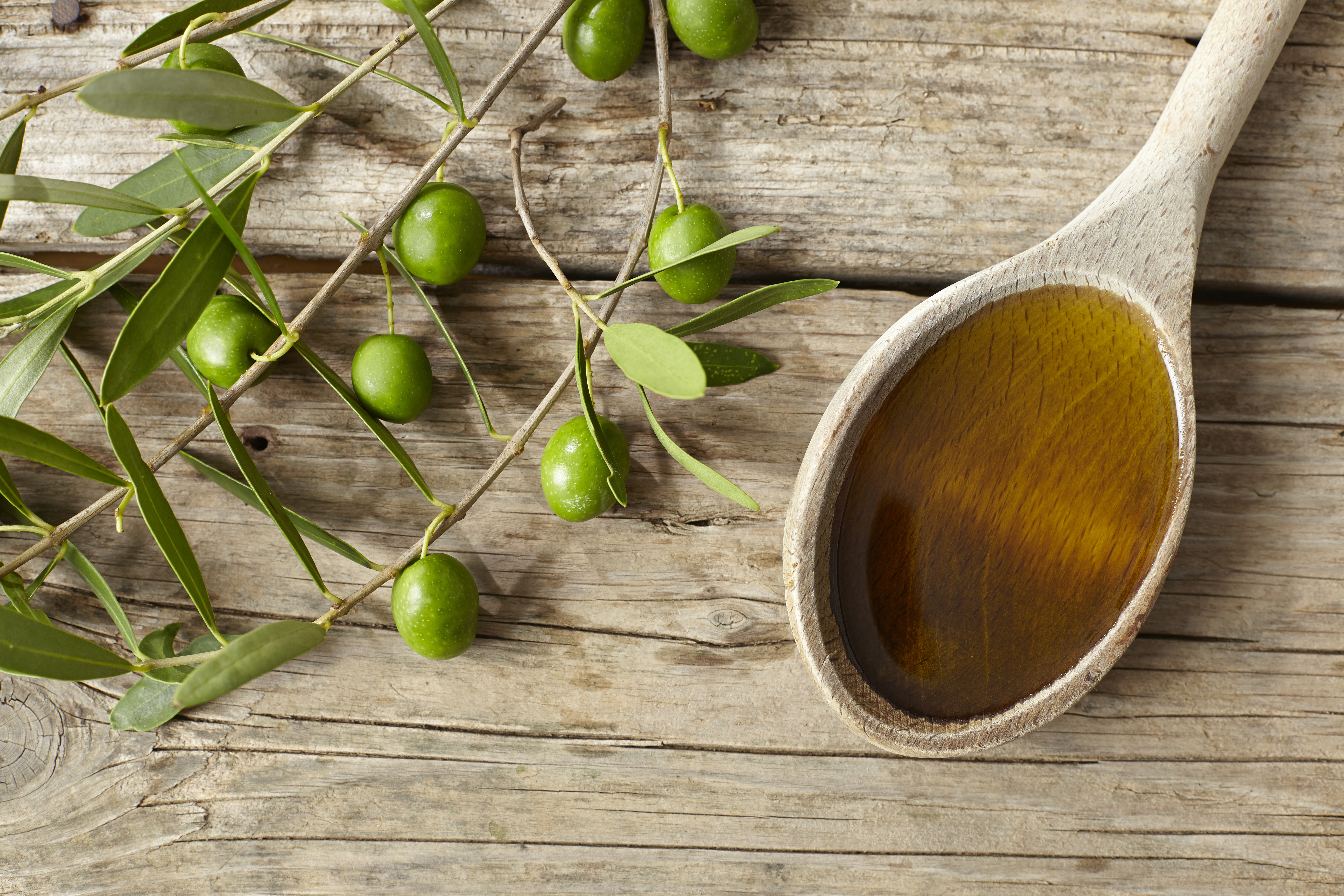The One Nutrient We Need More Of: Fats.
August 15, 2014 | by kate | 0 comments
Natural, unrefined fats of all types are a critical nutrient for our overall wellbeing. It's worth noting that not all oils and fats are created equal.
Heavily processed, hydrogenated, 'trans' fats and oils that are used in prepared, packaged foods such as margarines and potato chips, can be extremely damaging to the body. While 'acting' like fat in our cellular structure, they do not behave in the same way.
However, fats and oils from whole foods and other high-quality sources can steady our metabolism, keep hormone levels in balance, feed our hungry brains, nourish our skin, hair and nails and provide lubrication to keep the body functioning fluidly.
Our bodies also need fat for insulation, particularly in the colder months, and to protect and hold our organs in place.
Every cell in our body requires fat to help give rigidity and optimum performance. For example our cells and our brains are comprised of approximately 50% saturated fat. Adding healthy fats into our diets can transform our mood and our mind health, quickly brightening our day.
Fat soluble vitamins need fat to be absorbed eg Vitamins D, A & K. There are many great reasons for including good fat at each meal. Magnesium, a nutrient many of us are deficient in, needs saturated fat to be absorbed.
A healthy percentage of high-quality fat in a meal satisfies and leaves feelings of energy, fulfillment and warmth.
When there are excess fats and oils in the diet or they're not been metabolised efficiently, especially heavily processed and refined or vegetable oils, symptoms can include weight gain, skin breakouts, high blood pressure, liver strain and an overall feeling of mental, physical and emotional heaviness.
Signs of insufficient high quality fats are brittle hair and nails, dry skin, hunger after meals and feeling cold.
There are many sources of healthy fats and oils:
- for sautéing and baking, try butter, ghee (clarified butter) or coconut oil because they do not break down when used at high temperatures
- when sautéing foods at lower temperatures, try organic extra virgin olive oil.
- oils like flaxseed, sesame, walnut and pumpkin seed are best used unheated in sauces or dressings on top of salads, veggies or grains.
- other healthy fats are found in whole nuts and seeds and in their butters like almond butter or tahini.
- whole foods such as avocados, olives and coconuts are great sources of healthy fat, along with organic eggs
- experiment with these healthy fat sources and see which work best for you and leave you satisfied.
When selecting oils, buy the highest quality organic products you can afford, since cooking oils are the backbone of so many dishes.
Good words to look for on the label are organic, first-pressed, cold-pressed, extra-virgin and unrefined.
Avoid expeller-pressed, refined and solvent extracted.
A bit about coconut
Coconut is a highly nutritious food, it is very high in Lauric Acid (the saturated fatty acid).
This type of fat is easily absorbed by the human body and used instantly as energy.
There is research showing it can have a positive effect on cholesterol.
Dr Bruce Fyfe has written a couple of books on it, eg 'Coconut Cures'.
A parting thought
Improving your wellbeing may not be as simple as consuming more fats! Are you absorbing this wonderful nutrient in the first place? For example a 'congested' liver and/or gall bladder will mean fats are inefficiently absorbed and you may actually feel a bit 'heavier' eating more healthy fats. In which case, support your liver health first and foremost.

